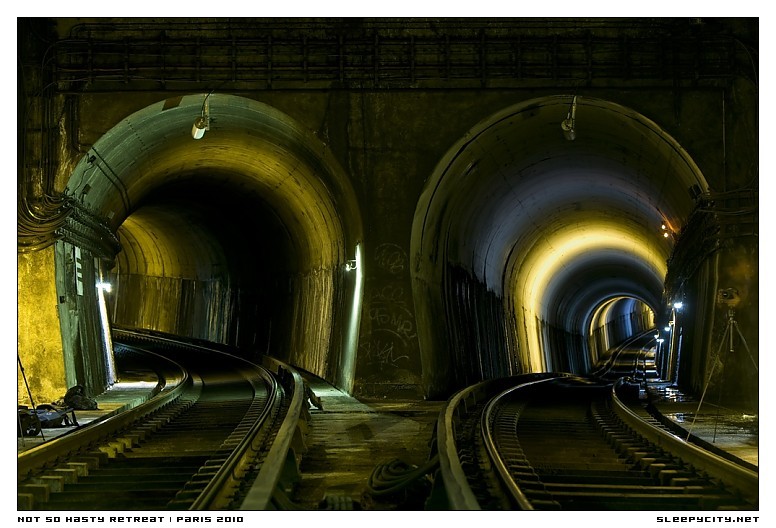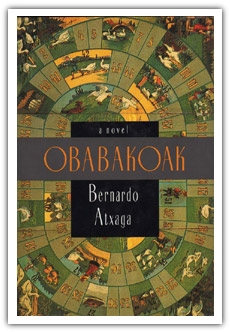[series note: This post is the fourth of five, in a week-long series examining first sentences or paragraphs. It’s not my intention to be prescriptive about what kinds of first sentences writers ought to be writing. Instead, I hope to simply take a look at five sets of first sentences for the purpose of thinking about how they introduce the reader to the story or novel to which they belong. I plan to post them without commentary, as one might post a photograph or painting, and open up the comment threads to your observations as readers. Some questions that interest me and might interest you include: 1. How is the first sentence (or paragraph — I’ll include some of those, too, since some first sentences require the next few sentences to even be available for this kind of analysis) interesting or not interesting on grounds of language? 2. Does the first sentence introduce any particular (or general feeling of) trouble or conflict or dissonance or tension into the story that makes the reader want to keep reading? 3. Does the first sentence do anything to immerse the reader in the donnee, the ground rules, the world of the story, those orienting questions such as who speaks, when and where are we in space and time, etc.? 4. Since the first sentence, in the wild, doesn’t exist in the contextless manner in which I’ve presented these, in what kinds of ways does examining them like this create false ideas about the uses and functions of first sentences? What kinds of things ought first sentences be doing? What kinds of things do first sentences not do often enough? (It seems likely to me that you will have competing ideas about first sentences. Please offer them here. Every idea or observation gets our good attention.) The sentence/paragraph sets we’ve been or will be observing: 1. first sentences from Mary Miller’s Big World; 2. first sentences from physically large novels; 3. the first sentences from every book written by Philip Roth; 4. first sentences from the Norton Anthology of Short Fiction; 5. first sentences from Best European Fiction 2010.]

“The slaughter hasn’t started yet.”
– Lee K. Abbott, “One of Star Wars, One of Doom”
“That was the year Hunca Bubba changed his name.”
– Toni Cade Bambara, “Gorilla, My Love”
“What he first noticed about Detroit and therefore America was the smell.”
– Charles Baxter, “The Disappeared”
“Alberto Perera, librarian, granted no credibility to police profiles of dangerous persons.”
– Gina Berriault, “Who Is It Can Tell Me Who I Am?”
“A man stood upon a railroad bridge in Northern Alabama, looking down into swift waters twenty feet below.”
– Ambrose Bierce, “An Occurence at Owl Creek Bridge”
“The visible work left by this novelist is easily and briefly enumerated.”
– Jorge Luis Borges, “Pierre Menard, Author of the Quixote” READ MORE >


 One of Stephen Dixon’s favorite strategies is telling the same story repeatedly, but changing a variable in the cause-and-effect chain with each telling — having fate deal a slightly different event, for example, or causing a key agent to make a different choice — and then exploring how time rings the changes differently in the lives of the characters. Sometimes we seem to be reading a study in worry — what will happen to me and the people I love if I don’t rightly account for all the possible permutations of even the smallest choices I make? — and sometimes we seem to be reading a study in the futility of trying to fight the forces of fate, since maybe there’s no accounting for the consequences of our choices as they play out along the cause-and-effect chain when so many things are so far beyond our control. Agency is everything and/or there is no agency.
One of Stephen Dixon’s favorite strategies is telling the same story repeatedly, but changing a variable in the cause-and-effect chain with each telling — having fate deal a slightly different event, for example, or causing a key agent to make a different choice — and then exploring how time rings the changes differently in the lives of the characters. Sometimes we seem to be reading a study in worry — what will happen to me and the people I love if I don’t rightly account for all the possible permutations of even the smallest choices I make? — and sometimes we seem to be reading a study in the futility of trying to fight the forces of fate, since maybe there’s no accounting for the consequences of our choices as they play out along the cause-and-effect chain when so many things are so far beyond our control. Agency is everything and/or there is no agency.



 by Bernardo Axtaga, who, the jacket copy tells us, had to translate his own book into Spanish so that it might find a broad European readership. (It worked.)
by Bernardo Axtaga, who, the jacket copy tells us, had to translate his own book into Spanish so that it might find a broad European readership. (It worked.)


